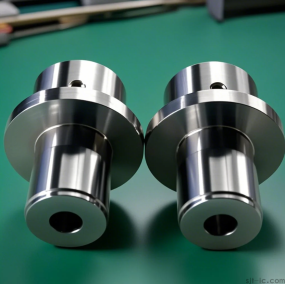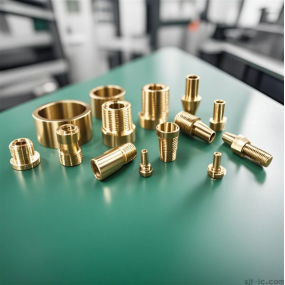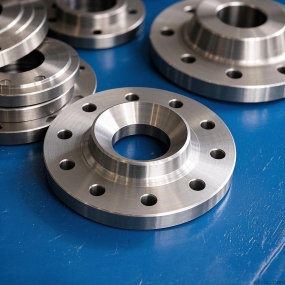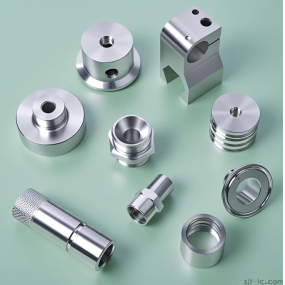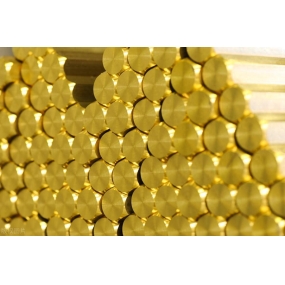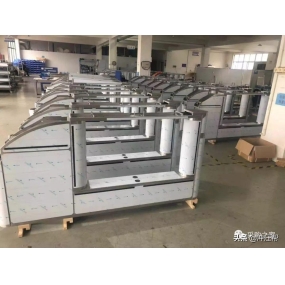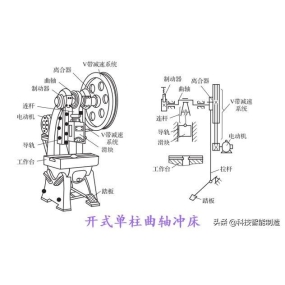As a professional CNC mold processing provider, EMAR Company understands the critical factors that ensure precision and efficiency in manufacturing molds. This article will explore key considerations to achieve optimal results in CNC mold machining.
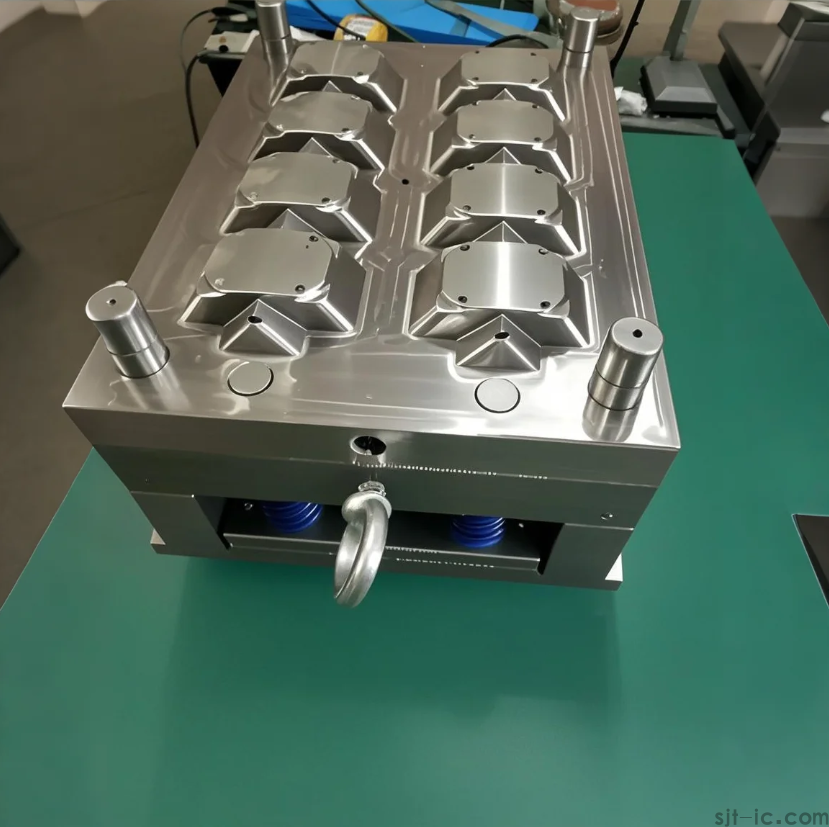
Material Selection for CNC Mold Processing
The choice of material significantly impacts the quality and durability of molds. Common materials include tool steel, aluminum alloys, and stainless steel. Each material has unique properties affecting machinability, heat resistance, and surface finish requirements.
Precision Requirements in Mold Manufacturing
CNC mold processing demands exceptionally tight tolerances, often within ±.01mm. Maintaining this level of precision requires:
- High-accuracy CNC machines with rigid structures
- Proper tool selection and maintenance
- Stable environmental conditions (temperature/humidity control)
- Advanced measurement and inspection equipment
Surface Finish Considerations
The surface quality of molds directly affects product appearance and demolding performance. Key factors include:
- Appropriate cutting parameters (speed, feed rate, depth of cut)
- Tool path optimization to minimize visible tool marks
- Post-processing techniques (polishing, EDM, etc.)
Cooling System Design Integration
Effective cooling channels are crucial for mold performance and longevity. CNC Machining must precisely create these complex internal geometries while maintaining structural integrity.
EMAR's Expertise in CNC Mold Processing
With years of experience in precision machining, EMAR Company offers:
- State-of-the-art 5-axis CNC machines for complex geometries
- Strict quality control processes at every production stage
- Customized solutions for various mold applications
- Technical support throughout the product lifecycle
By addressing these critical aspects, EMAR ensures high-quality CNC mold processing that meets the most demanding industry standards. Contact us at www.sjt-ic.com for your precision machining needs.


 Spanish
Spanish Arabic
Arabic French
French Portuguese
Portuguese Belarusian
Belarusian Japanese
Japanese Russian
Russian Malay
Malay Icelandic
Icelandic Bulgarian
Bulgarian Azerbaijani
Azerbaijani Estonian
Estonian Irish
Irish Polish
Polish Persian
Persian Boolean
Boolean Danish
Danish German
German Filipino
Filipino Finnish
Finnish Korean
Korean Dutch
Dutch Galician
Galician Catalan
Catalan Czech
Czech Croatian
Croatian Latin
Latin Latvian
Latvian Romanian
Romanian Maltese
Maltese Macedonian
Macedonian Norwegian
Norwegian Swedish
Swedish Serbian
Serbian Slovak
Slovak Slovenian
Slovenian Swahili
Swahili Thai
Thai Turkish
Turkish Welsh
Welsh Urdu
Urdu Ukrainian
Ukrainian Greek
Greek Hungarian
Hungarian Italian
Italian Yiddish
Yiddish Indonesian
Indonesian Vietnamese
Vietnamese Haitian Creole
Haitian Creole Spanish Basque
Spanish Basque

